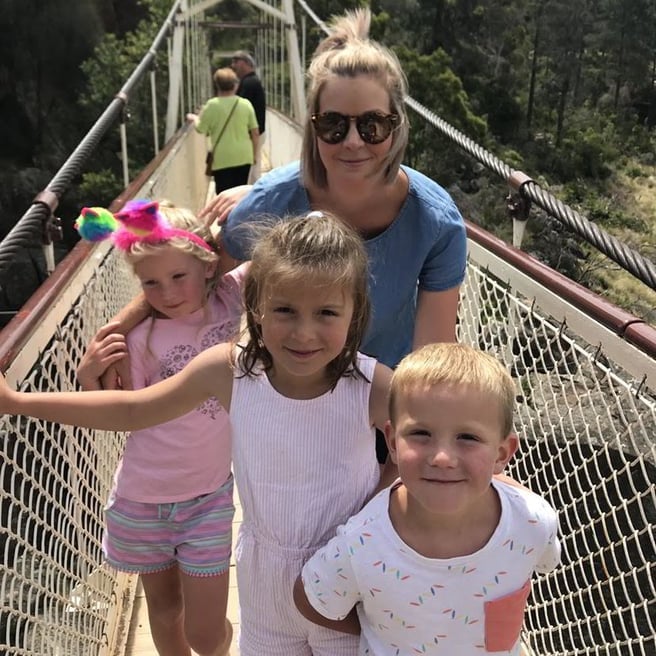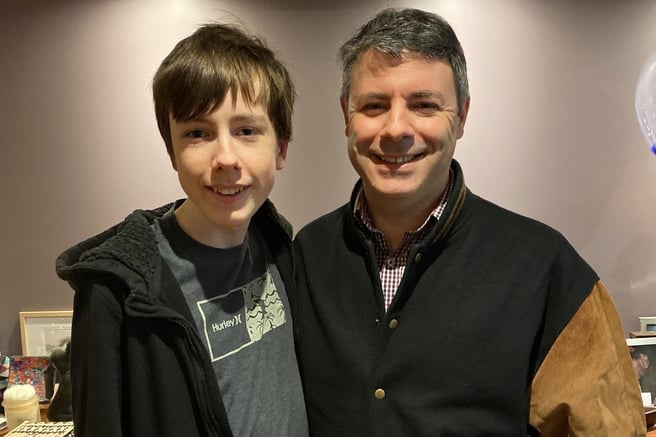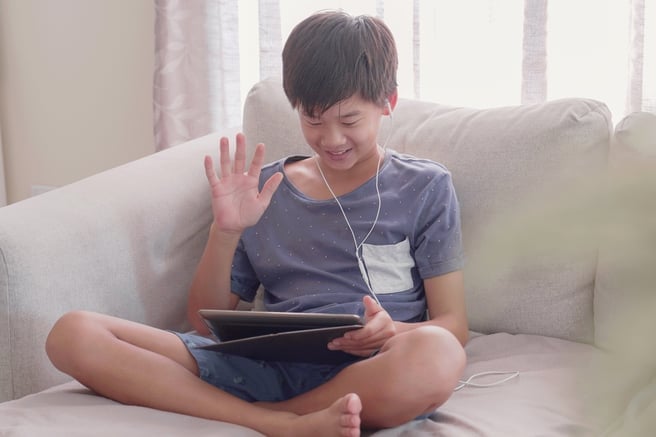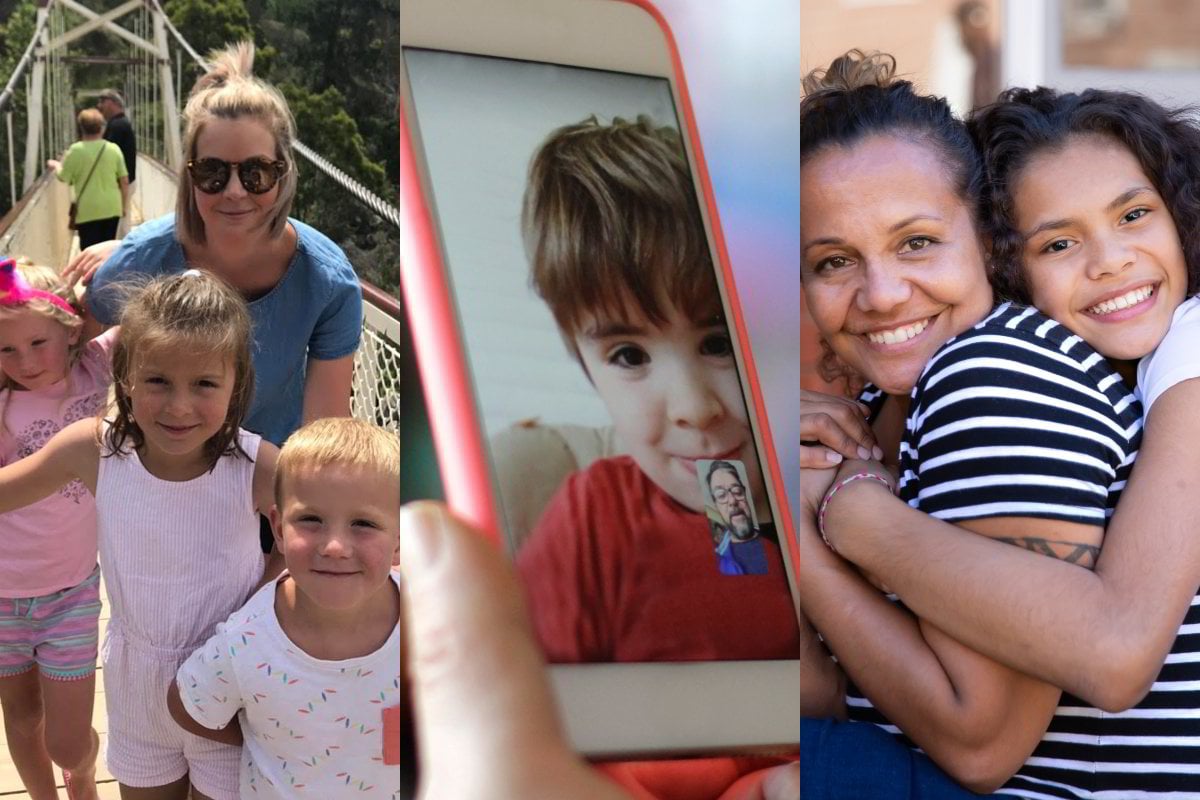
About a month ago, Nic's daughter Ellie called her in tears.
It had been months since they'd seen each other in person, and Ellie was worried about if she'd ever see her mum again.
Nic lives in Launceston, Tasmania with her 19-month-old daughter, and her three eldest kids live in rural Victoria with their father.
She usually spends quality time with her children, nine-year-old Zara, eight-year-old Ellie and seven-year-old Max each school holidays, but as of right now, the 33-year-old has no idea when she'll next be able to see them outside of their FaceTime calls.
The humble mask can do so much good for your every day life... other than stopping the spread of COVID-19, of course. Post continues below video.
During a normal year, their situation works smoothly. The children will visit her in Tasmania, or they'll meet in Adelaide for a big trip full of "big city" things, like museums and zoo trips, and a trip to see the grandparents.
They had planned such a trip for the March/April holidays, but as we know: 2020 is not a 'normal year'.

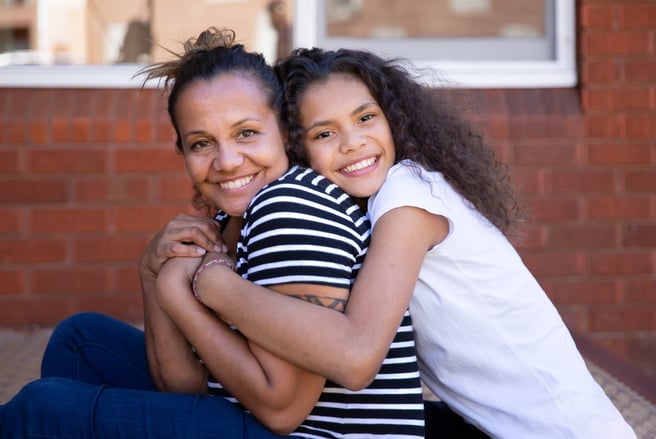
_1597199611193.jpg?width=656)
